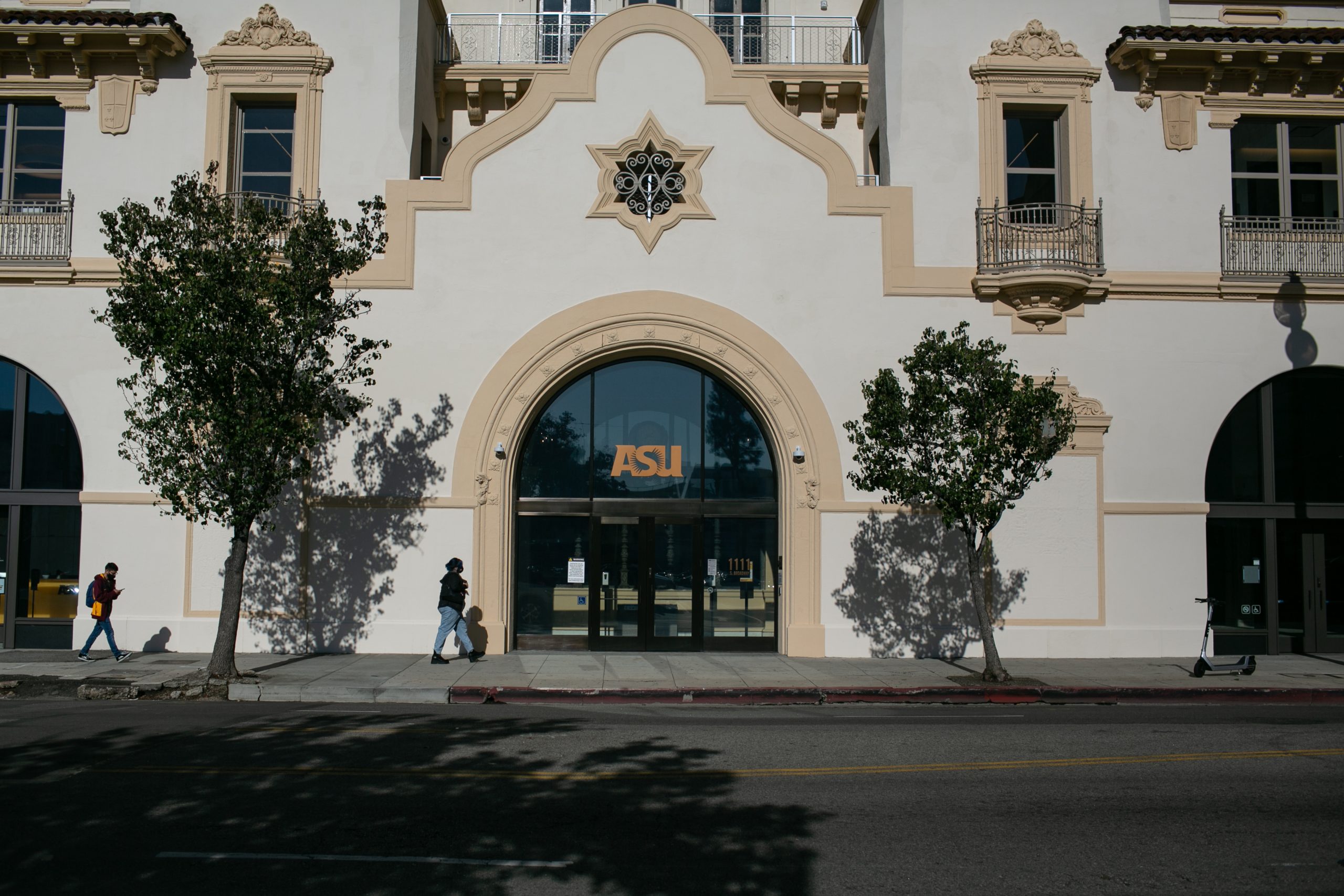At the beginning of this year, Arizona State University (ASU) became the first higher education institution to partner with OpenAI to integrate A.I. in coursework, tutoring and research. Now, eight months later, the university’s foray into A.I. has led to the creation of around 250 projects backed by ChatGPT, OpenAI revealed in an update today (Aug. 26). Generative A.I. has become a hot topic in education, where some institutions and teachers are wary of how A.I. tools can be misused for schoolwork. Universities like ASU, meanwhile, have embraced the technology as a way to enhance student potential. “The goal here was to really drive what future uses of A.I. technologies can look like and to help guide the design of new technology,” Kyle Bowen, ASU’s deputy chief information officer, told Observer.
In January, the school announced that it would begin using ChatGPT Enterprise, the business tier of OpenAI’s ChatGPT model that launched last year with higher-speed access to GPT-4 and enhanced security and privacy features. ASU has since transitioned to ChatGPT Edu, a GPT-4o version launched earlier this year for universities. It, too, emphasizes privacy, ensuring “that the content being put into the technology is being kept inside the ASU workspace and not being shared more broadly,” according to Bowen. OpenAI, meanwhile, benefits from regular discussions with ASU on how “the tool can be evolved to meet the unique needs of supporting a class,” he said.
Shortly after its OpenAI deal was signed, ASU launched an A.I. Innovation Challenge that invited faculty and staff to submit proposals for projects using a ChatGPT Edu license at no cost. Submissions had to either enhance educational experiences, showcase the potential to advance research for the public good or contribute to a more productive and supportive work environment. “What we’ve learned at ASU is that if you want to focus on the impact of technology, start by asking the community what they want to solve for,” said Lev Gonick, ASU’s chief information officer, in a statement.
As of August, ASU’s challenge had garnered some 500 proposals—half of which have already been activated, said Bowen. The projects range from Sam, a ChatGPT-powered chatbot that helps medical students practice conversations with patients, to the integration of A.I. as a companion to aid students with real-time feedback throughout different stages of the writing process.
Educators are embracing A.I. with caution
Despite ASU’s embrace of the new technology, not all educators are thrilled by A.I. as they grapple with the technology increasingly being used to complete schoolwork. One in five teenagers who are aware of ChatGPT are using the tool for homework, according to a recent survey from the Pew Research Center. In some cases, educational systems like New York City’s Department of Education have even temporarily banned the use of tools like ChatGPT.
At ASU, faculty remain firmly in charge of when and how A.I. tools are used, according to Bowen. “The extent to which generative A.I. is included as part of coursework is really driven by instructors,” he said. “It’s important to have clarity around places where A.I. is encouraged and supported in its use, and other places where it requires appropriate citation.”
Since ASU’s partnership with OpenAI, other schools like the University of Oxford and the Wharton School at the University of Pennsylvania have followed suit. The latter university also became the first Ivy League school to introduce undergraduate and graduate degrees centered upon A.I. ASU, too, began offering A.I.-focused degrees at both the undergraduate and graduate levels this year.
While ASU’s OpenAI partnership is not even a year old yet, the school has been pleasantly surprised by the results of its collaboration thus far. During the early weeks of the partnership, the school received nearly hundreds of proposal submissions encompassing more than 80 percent of ASU’s schools and colleges. “While we expected that ChatGPT would find a home in engineering and the sciences, we’ve been surprised by just how diverse adoption has been across almost every department,” said Gonick.
Bowen noted that individuals, small groups and entire classes have all submitted potential projects using A.I. tools. “The goal really was to engage our broader community and take advantage of the energy that was there to introduce these kinds of tools and support people looking to innovate around teaching, learning and research,” he said.

